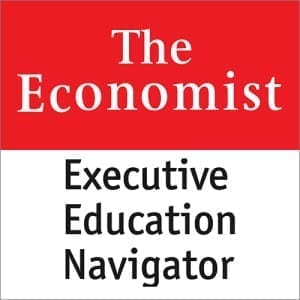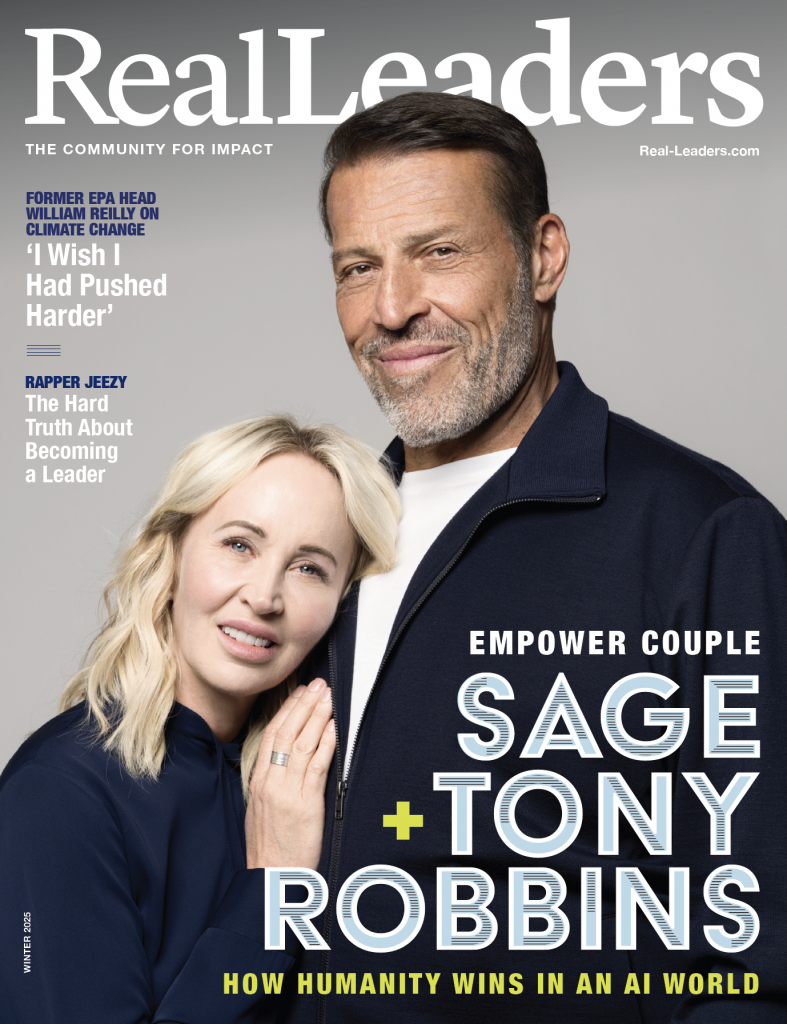“If you don’t have it, all the technical, fiscal, communications and strategic expertise in the world won’t help you. But those who do have it – and work ceaselessly to strengthen it – find that everything else falls into place throughout their organisation.”
So says former Fortune 500 senior executive Bob Whipple. Now CEO of Leadergrow, Inc. and a longtime consultant, trainer, and author in the area of leadership, Whipple bases his entire approach around one word, one principle that holds people together in a “framework of positive purpose”: trust.
A different kind of “trust fund”
There are many exec-ed programmes on leading with meaning, and countless behaviors that constitute great leadership, but Whipple maintains that everything centres around trust. He describes trust as a bank account – we will make deposits and withdrawals over time, but the key is to keep a positive account balance and to keep it as high as possible. As he puts it, “We make small, incremental deposits in our account – by treating others with respect and giving them autonomy, admitting our mistakes, acting with integrity, living our values.”
While we rarely have the chance to make a large deposit in our “trust fund”, withdrawals can happen suddenly and on a large scale. How many times have we said or heard the phrase: “After this, I’ll never trust that person again”? Trust is fragile. This is why it’s critical to build up a strong reserve so the balance doesn’t drop to zero when the inevitable misstep or unpopular decision comes along.
Eliminating fear in the workplace
What’s the most important thing you can do to foster a sense of meaning and trust among people in your organisation? Eliminate fear, says Whipple. “Create an environment where people feel safe and confident to sincerely express a difference of opinion without fear of negative repercussions. Instead of ignoring or penalizing staff when they share honest yet critical perspectives, great leaders reinforce candour.” He urges managers and executives to listen to their teams respectfully, consider criticisms thoughtfully and share their considered response with everyone involved.
To create a fear-free professional atmosphere, Whipple adds that leaders need to be balanced, not only in the way they process critical opinions, but also in the way they hold others accountable. “We need to rethink the word ‘accountability’,” he states. “For many leaders, ‘holding others accountable’ has a strong, negative, punitive connotation.” Whipple doesn’t deny there should be consequences for poor performance – but, “we should be holding others accountable for their successes as well, taking time to call out and celebrate excellence.”
Setting the right tone in a new leadership role
Finally, Whipple has a few words of guidance for executives transitioning into a new leadership role in their current organisation or with a new company. “I often see new leaders try to impose their influence very quickly and forcefully. They believe being a strong leader means making a mark and getting noticed right away.” They make the mistake of referring often to past successes or the “better” approaches they’ve used previously. But this approach makes people feel like they’re not being listened to – and gives them the feeling that all the hard work they’ve been doing was wrongheaded or wasted.
Instead of starting a new leadership role by trying to impose “your right answer”, Whipple recommends keeping a low profile in the early days and absorbing like a sponge everything you see and hear. Only then, building on a foundation of intelligent listening, will leaders be able to start building the trust and candid communication so vital to a positive and meaningful work environment.
Laura Montgomery is a higher-education expert who blogs for The Economist Careers Network.






